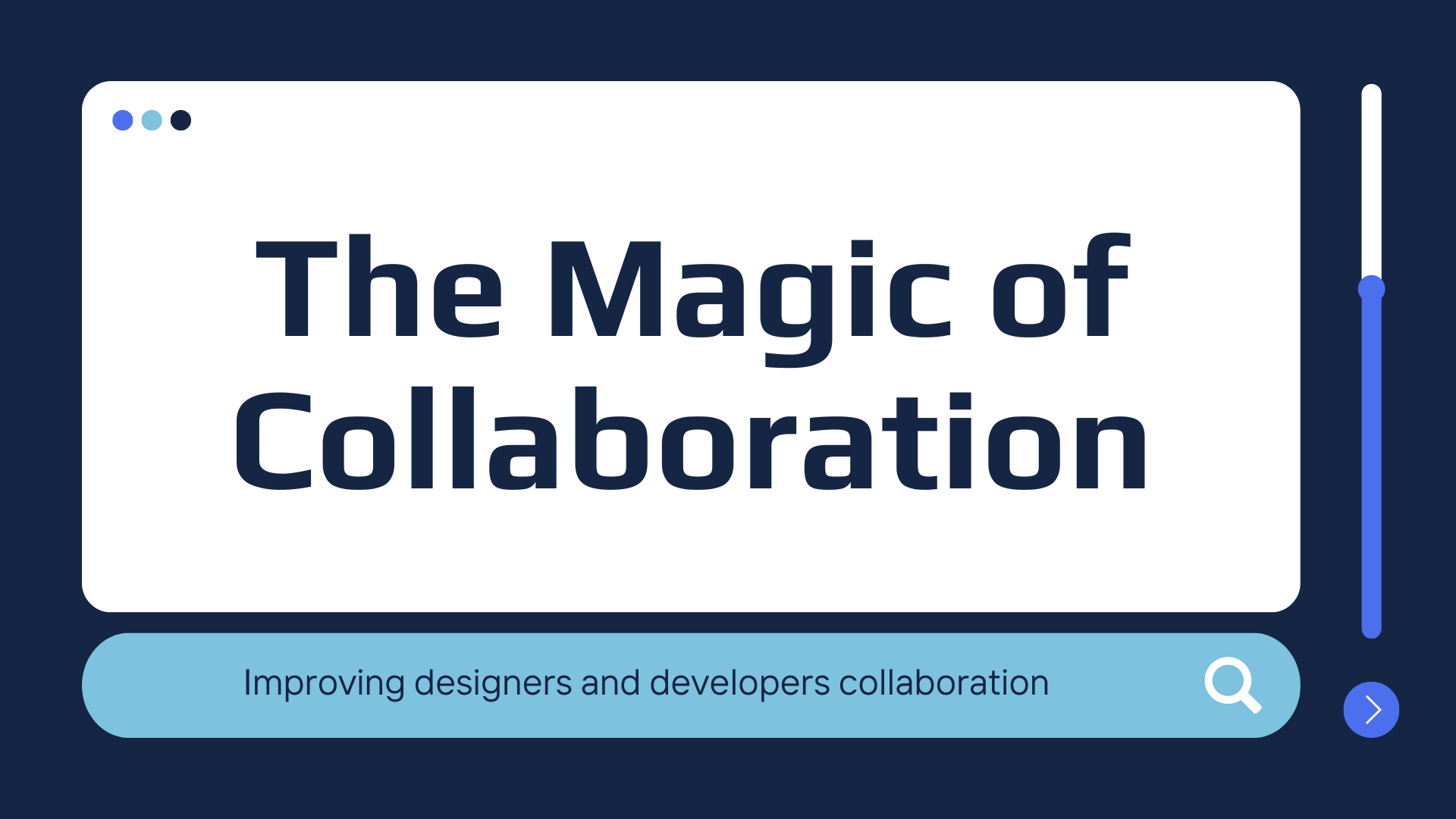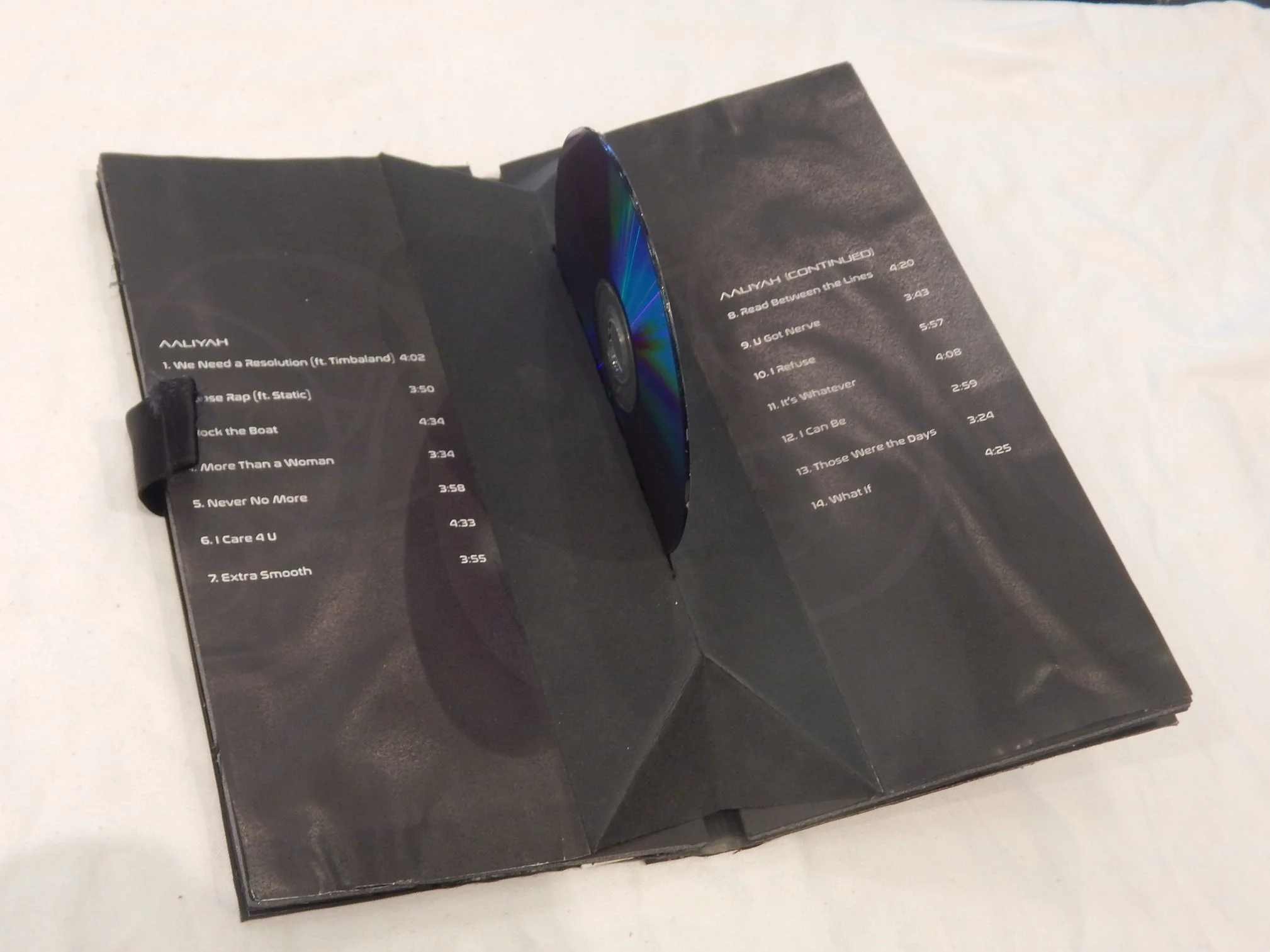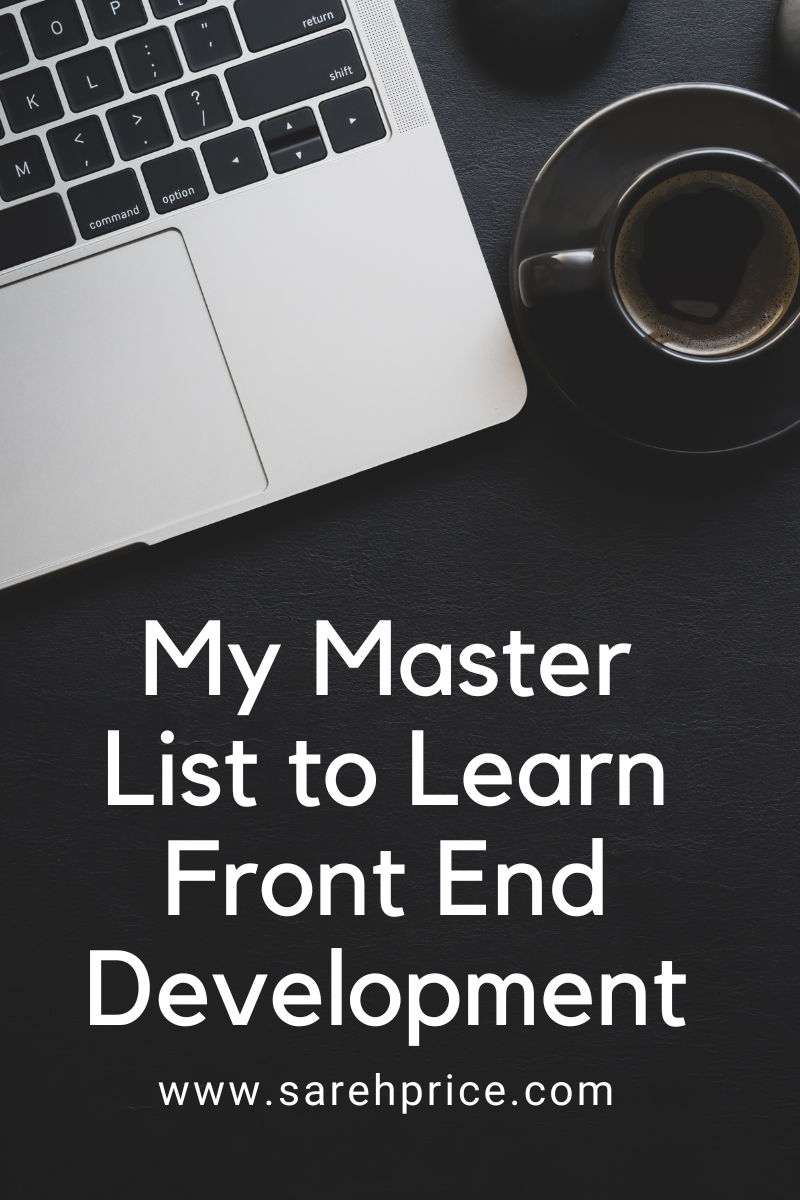Writing Tips: A Giant List of Book Genres
Some writers only write one particular genre and stick with it, while others dare to try new ones. Some may not even be sure what genre their's falls into. And that's okay even if you're not sure what catagory your book belongs too. Some stories just don't fit nicely into one thing and sometimes you may create a new genre. But I'll remind you, that creating a new genre is hard.
So if you find that a genre is missing or you would like something changed, please let me know! Also, the Word Counts (WC) are a general estimate. If you're writing in one of those catagories, you don't have to have an exact word count. It's always fine for the story to be large or smaller than the estimated word count.
Anyways, here's a quick overview of some genres and their subgenres.
- Mainstream- To sum it up, the ever going struggle between good and evil in every person are present in these novels. Basically, these books can be hard to put into a certain catagory.
- Contemporary- Anything really can be put into this subgenre, although it mainly involes books concerning familiy sags, coming of age, personal relationships, and so on so forth. Word Count: usually starts at 100,000.
- Historical- Usually has something to do with real life people in fictional settings Word Count: begins at 100,000.
- Romance- While these books are very much like books from the romance genre, the difference is that these book may not have a happy ending.
- Young Adult- These books, YA, are stories for teenagers, generally from the ages of 12 to 18. They may mimic adult fiction but in these stories the Main Characters are teenagers. Duh. While it is one of the biggest growing parts of the publishing world (with fantasy/science fiction and paranormal romances being the most popular) it once wasn't even really a genre. These books most of the time don't contain large amounts of swearing, graphic violence, or other things that may be questionable.
- Contemporary (Aka, General Fiction)- These books deal with real life things that most or even all (or some), teenagers face. The issues can cover everything from drugs, abuse, emotional/mental issues, and many more things. The authors try to show these things as realistically as possible. WC (word count): 40,000 to 60,000.
- Genre- While contemporary YA novels may give examples on what real life is like and how to deal with it, these ones may take the reader away. They cover every other genre here and their primary goal is to entertain. WC- 40,000 to 60,000.
- Romance- This genre may be considered the biggest genre in the publishing world. The mainly only thing that happens, the main difference, is that the couple ends up living happily forever after (or so we hope.) Since the main story point is the romance, basically anything else that happens becomes not as important as the relationship.
- Contemporary- This subgenre deals with how to man and woman come together in today's society. They deal with people from every culture and nation. WC- 50,000 to 100,000.
- Historical- Do I need to explain? The Heroine and Hero fall in love in a past setting.
- Paranormal- Probably one of the most popular genres right now, at least for the YA section. You know the drill, anything from vampires to werewolves, witches, ghosts, or whatever are in these stories except that the romance is a leading point in these stories. Twilight. Do I need to say more? WC- 85,000 to 100,000.
- Mystery- These novels have a wide range of ideas and basically, anything can go as long as there is mystery. I have seen that normally, it tends to be a murder and the MC has to find the killer. Or that could be because that's half the books in my house. They're not mine, they're my mom's.
- Thrillers- These books usually happen in the present time. A lot of violence is mixed with the mystery and we end up rooting for the good guy. The bad guy(s) tend to die in horrible ways. WC- 85,000 to 110,000.
- Cozy Mysteries- My mom's favorite genre. I swear we have tons and tons of these, mostly paperbacks, sitting on our bookcases. The common ground between these books is that you have a nonprofessional sleuth, normal person who happens to solve the crime. For example, a baker who solves and catches the killer and mystery of her brother's death. WC- 60,000 to 100,000.
- Police Procedurals- These are those shows you're always seeing on TV now. If it's not a hospital show, it's a show involving a cop, someone who works with the cops, or a group of police peoples. They usually always end up in the end with the bad guy in jail. It's advised you do your research before takling this genre. Although that doesn't mean you should follow the cops like in Castle. Check out some police websites, or talk to someone you know who is a cop.
- Historical- A crime set in the past. The mystery here has to be solved by the items avabiile to the time your writing about. Make sure you do your research! These can also become cozy mysteries too.
- Hard-Boiled- Detective novels anyone? Edgar Allen Poe is not only credited as one of the first writers of horror, but he may have come up with one of the first detective stories. WC- 85,000 to 100,000.
- Action/Adventure- Commonly known as men's favorite genre, just like romance tends be a woman's favorite genre. The protagonist is commonly put into some kind of dangerous situation and expected to defeat the bad guy and come out alive.
- Fantasy- For some reason this genre and Science Fiction are usually grouped together. While they are similar, they are different. One of my favorite genres.
- Epic- Want a couple words to sum this up? Lords of the Rings. Yep the epic (pun intended) story in which a group of heros come together to rid the world of evil, save the world, fight the last battle to end all evil, etc. This subgenre is usually very large, with well developed worlds, and the stories in which continues for several books.
- High- While this subgenre is close to the first, it is different. Instead of having a group of heroes, you have one who's goals are much more centered around him. The last battle will usually end up being between him and a villian and the protagonist wins.
- Sword and Sorcery- In here the story is spent a lot on action and less on world building. When the bad guy is end the story is mostly likely over. Usually it involves big, strong men and beautiful women. That and lots of creatures and gods, godesseses, and other mythological beings. WC- 85,000 to 150,000.
- Dark- Often confused with horror. But it is different. Instead of finding good characters, your character may not be a good guy. In fact, the hero may not win. The world is a dark and scary place where evil regins and only the strong can live. My story, The Cursing, is strongly dark fantasy. Where the MC does some not good things and evil is very present.
- Historical- Must I really? Basically any fantasy world where is has strong roots in historical culture and other things. It might be a story set in Ancient Rome but where the barbarian girl goes to fight the emporer with a magical sword.
- Contemporary- Two words- Urban Fantasy. Yep, this subgenre is set in our time period and most often in cities like ours. The Wicked Lovely series by Melissa Marr is considered urban fantasy. Often it contains elements of the horror genre although it is not meant to be scary.
- Science Fiction- This genre is commonly called "si-fi" or "SF" for speculative fiction. The difference between science fiction and fantasy here is that fantasy relies upon the supernatural while science fiction must have some form of science or technology in it. One of my favorite genres.
- Hard- This subgenre relies heavily on science itself. The authors of this genre study everything in broad areas like biology and chemistry and they are devoted to getting the facts straight. These facts will help their stories and make it more believable. Some famous authors in this genre include Issac Asimov and Greg Bear.
- Military- The emphasis here is placed on warfare in the future. Fighting aliens with high technologies is a common theme. Hard science fiction is a strong presence in this genre.
- Space Opera- Although it has themes of both military and hard science fiction in it, this one is more fun. The authors might be less worried about how their machines work than with how they look. It is more fun and less educational than the first two subgenres. But it is widely loved by many people, just look at how many people love Star Wars. My book, Night Lies, is probably is subgenre.
- Slipstream- This one happens to not be science fiction exactly, yet it is. Basically, it's science fiction that's all fiction but no science. The term, slipstream, was first coined by the author, Bruce Sterling. It's more of a cross between science fiction and contempory fiction, not really horror, not really about the techonology, and but it doesn't really have dragons and wizards in it too.
- Cyberpunk- This genre isn't really written is our time today because the authors who first wrote it were writing about our time today. They tried imagining what the 21st century would be like. This subgenre focuses on the future of computers/information and how humans interact with machines. A famous book of the genre would be Neuromancer by William Gibson who coined the term cyberspace.
- Steampunk- One of the more popular genres of today. Stories like The Girl in the Steel Corset, Levithian, Clockwork Angel, and Worldshaker are just a few of the books out today. Basically, these are books where techonolgy of the future is ran on steam (in some cases, basically techonology in general) and the story is set in Victorian times.
- Dystopia- This always seems to get confused with Utopia whenever I tell someone about this genre. The different is that while a Utopia is a perfect world, a Dystopia is a perfect world with one fatal flaw. And usually there's a normal person whom experience the system mess up. Famous works include, The Hunger Games, Uglies, Delirium, Matched, and Fahrenheit 451.
- Alternate Histories- Scott Westefeld's book series, Leviathan, is not only steampunk, but an alternative history of World War I. Although this subgenre is like steampunk, this one is more concerned with real history and facts- but with a twist. This subgenre takes real history and then asks "what if?" For example, what if the North hadn't beaten the South in America's civil war? Would there still be slaves? Would we still be one country?
- Thrillers- This books are related to mystery books but are different. The plot usually includes something along the lines of the thing that everyone wants or is looking for no matter that cost. These books tend to be quite large, ranging from around 500 to 600 pages, and is normally told from multiple points of view.
- Techno-thrillers- These novels have alot to do with technology, much like military or hard science fiction. World wars are common, and they might have near-future events in them.
- Historical- Basically thrillers with something to do with the past.
- Espionage- These are your spy novels. They might have communists in them or Nazis. (In fact, the Nazi's have their own subgenre thrillers.)
- Medical- Basically plot is that our hero finds out something awful about a hospital, research center, government lab, etc. And they usually involve human guinea pigs.
- Horror- This genre began with books like Frankenstein. Today's horror stories contains gruesome scenes and a good one scare someone into not sleeping. Okay maybe not that much, but they should be pretty frightening.
- Psychological- Most horror stories of today are set in this subgenre. These are stories that make readers question their sanity, crawl under the covers, or be generally afraid. They can be slow ad creepy or fast paced. This subgenre is set in today's times since we're most likely to be able to relate to the story. WC- 85,000 to 100,000.
- Slasher- These are books that are similar to movies like Saw, but just in book form. They are filled with gruesome images and bloody scenes and lots and lots of violence. This is not a popular subgenre with publishers, but it can be done. WC- usually around 100,000.
- Paranormal- These are your ghost stories. Ones filled with horrifying vampires (ones that don't sparkle at least), werewolves, the undead, and anything else you can think of. Like that scary ghost story you used to tell at sleepovers, but much worse. WC- usually 100,000.
- Erotica- A genre I'd rather not get into. But I thought I should mention it. There's usually only two subgenres to this- men's and women's.
- Western- Probably one of the least popular genre's in today's market. Few major publishing houses will accept these novels anymore. They are sometimes called Western Historical. It is considered very important for you to do your research on the time period these novels are usually set in- 1860s to the 1880s.
- Memoir- I had to include these last two because I figured that there are some people out there who write these. Although similar to the autobiography, a memoir can be defined as a book that focus on a certain time in the author's life rather than the whole thing like an autobiography does. Like the autobiography, a memoir is usually written in first person. People who normally write these are famous or are upper class people.
- Biography- I'm sure you know what these are. These are books written by another person about someone. Usually someone famous too. They cover the person's life and give glimpses into what the person was like. And yes, usually the subject is dead.
- Historical Fiction- This genre is commonly found in almost every other genre out there. Usually the stories include fictional characters in real historical events or settings, or real people in fictional events or settings. This is one of my favorite genres.
Resources
The Complete Idiot's Guide to Writing a Novel By Tom Monteleone
The Everything Guide to Writing a Novel by Joyce and Jim Lavene
The Guide to Writing Fantasy and Science Fiction by Philip Athans
So what is your favorite genre to write? What is your favorite to read? Which categories (or category) does your stories fit into?











